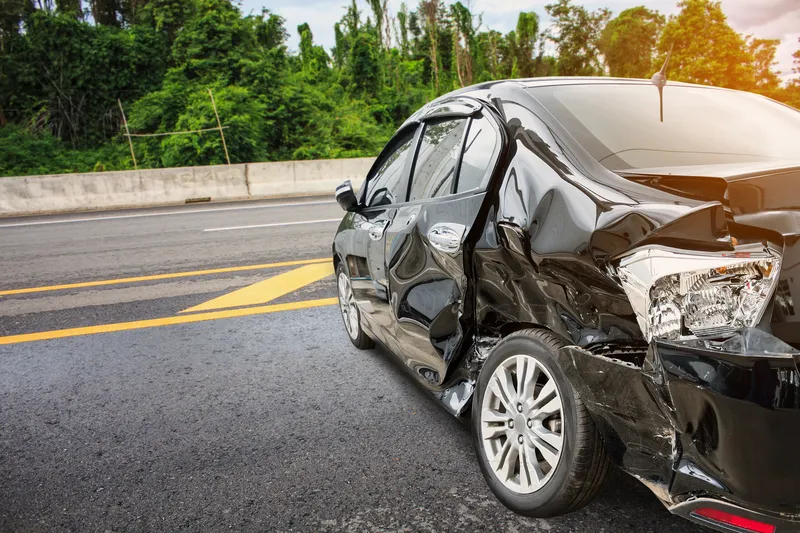The use of speed cameras in urban areas is said to make major savings overall, according to a new study. A two year cost-benefit analysis published online in Injury Prevention shows that the deployment of speed cameras in urban areas saves vast amounts of money as well as lives.
April 18, 2012
Read time: 2 mins
RSSThe use of speed cameras in urban areas is said to make major savings overall, according to a new study. A two year cost-benefit analysis published online in 991 Injury Prevention shows that the deployment of speed cameras in urban areas saves vast amounts of money as well as lives.
The authors base the findings on the impact of speed cameras, which were first deployed on the major access routes in and out of Spanish city Barcelona in 2003. The report team assessed the cost effectiveness of these speed cameras between 2003 and 2005, taking account of the initial cost to install and operate them, and those costs attributable to police time, ticketing, and photography for motorists exceeding the prescribed speed limit. These figures were then set against the costs of medical treatment, damages to property and lost productivity, calculated from figures derived from road traffic accident data in the city of Barcelona for 2003 and 2004.
Based on previous data, it was estimated that there would be 364 fewer road traffic accidents and 507 fewer people injured during the first two years of speed camera operation. When all these figures were taken together, the authors calculated that the net savings made amounted to €6.8 million over two years, the bulk of which came from savings on medical treatment and property damage costs. The authors emphasise that these are minimum costs, and that the savings may be as much as €23 million.
The authors base the findings on the impact of speed cameras, which were first deployed on the major access routes in and out of Spanish city Barcelona in 2003. The report team assessed the cost effectiveness of these speed cameras between 2003 and 2005, taking account of the initial cost to install and operate them, and those costs attributable to police time, ticketing, and photography for motorists exceeding the prescribed speed limit. These figures were then set against the costs of medical treatment, damages to property and lost productivity, calculated from figures derived from road traffic accident data in the city of Barcelona for 2003 and 2004.
Based on previous data, it was estimated that there would be 364 fewer road traffic accidents and 507 fewer people injured during the first two years of speed camera operation. When all these figures were taken together, the authors calculated that the net savings made amounted to €6.8 million over two years, the bulk of which came from savings on medical treatment and property damage costs. The authors emphasise that these are minimum costs, and that the savings may be as much as €23 million.









